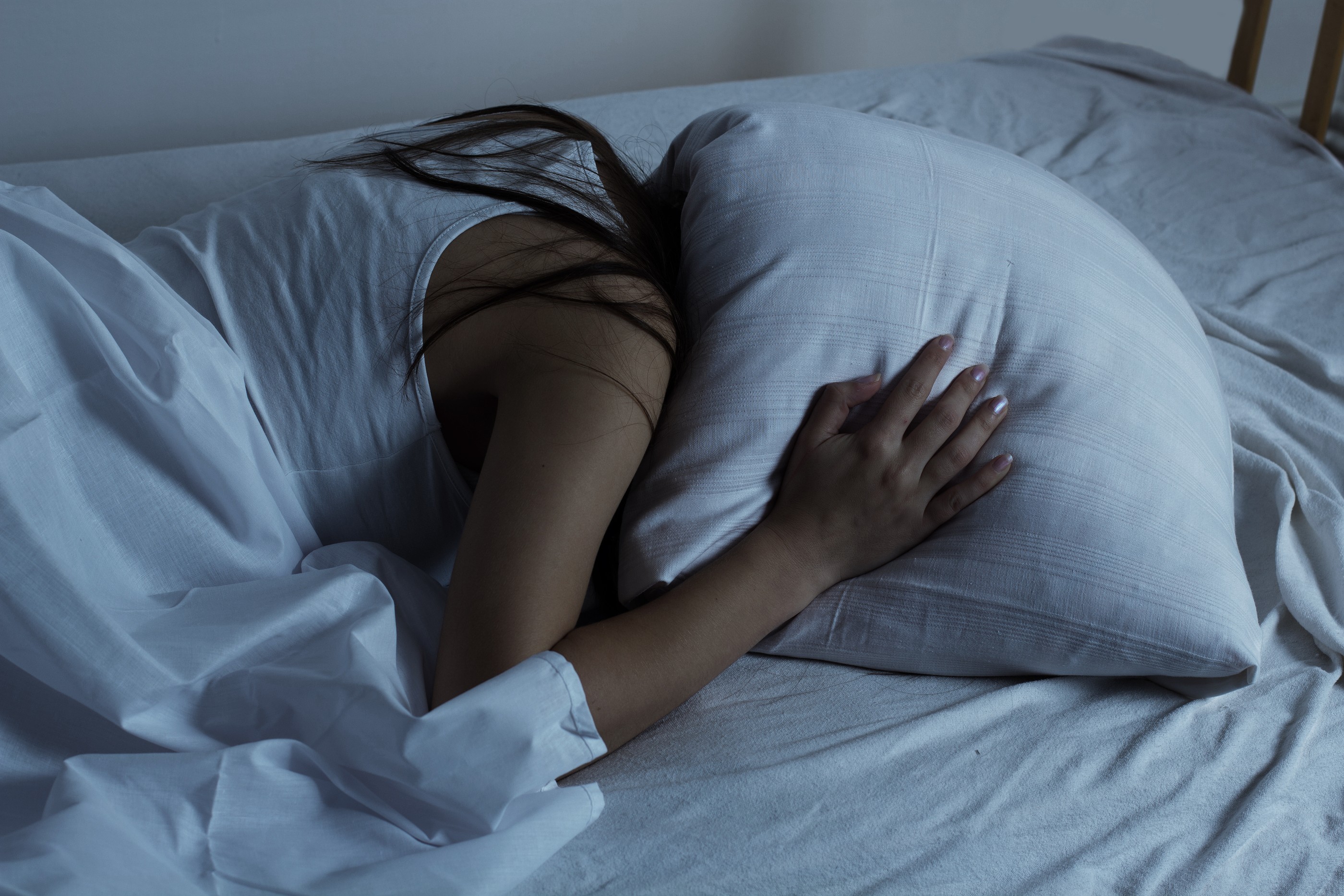 Whether it’s from a sore lower back or throbbing tooth, pain is hard enough to deal with in the light of day but at night that robs you of your much-needed sleep can take exhaustion to a whole new level.
Whether it’s from a sore lower back or throbbing tooth, pain is hard enough to deal with in the light of day but at night that robs you of your much-needed sleep can take exhaustion to a whole new level.
“An individual simply cannot get comfortable to fall asleep due to the discomfort of pain,” says Frank. J. Falco, MD, who specializes in pain management and sleep problems in Newark, Del. It can also cause anxiety, which disrupts your shut-eye even more.
In addition to preventing a person from falling asleep, pain also results in difficulty staying asleep. Pain-related insomnia can worsen over time. According to the National Sleep Foundation, two out of three people with chronic pain have trouble sleeping.
“No matter what the cause, it is the intensity and quality of the pain, not necessarily the type, that determines the impact on a person’s quality of life, including sleep,” says Falco, who heads Mid-Atlantic Spine and Pain.
The Relationship Between Pain and Sleep
“Pain is a sensation you feel when nerves are stimulated to an intense degree,” says Tracey Marks, MD, an Atlanta-based psychiatrist. Marks is author of Master Your Sleep: Proven Methods Simplified. “This stimulation activates the brain, which keeps you awake.”
Some of the ways pain causes insomnia include the following:
Pain at night disrupts REM
“You need a certain amount of each stage of sleep to feel rested and for proper memory,” Marks says. These stages include light sleep, deep sleep, and REM (rapid eye movement) sleep. “We normally go through four to six cycles of these stages per night. But if pain wakes you up, you spend too much time in a light state,” she explains. This reduced — in particular, shortened REM — may increase sensitivity to pain.
Pain affects resting position
Certain types of pain, such as arthritis pain and orthopedic pain, may prevent you from getting comfortable at night, says Reena Mehra, MD, of University Hospitals Case Medical Center in Cleveland. The medical director of adult sleep services says joint and muscle pain usually results in problems staying asleep (called sleep maintenance insomnia) rather than falling asleep (called sleep onset insomnia).
Deprivation makes you more sensitive
A study in the April 2009 issue of Sleep Journal showed that normal, healthy individuals are more sensitive to pain when they are low on rest. The reasons why aren’t known for sure. “Some research studies show that sleep deprivation causes increased production of inflammatory chemicals in the body called cytokines,” Marks says.
Pain medications
Unfortunately, some of the medications prescribed for pain, such as codeine and morphine, can cause insomnia. These opioid pain medications can cause apnea, brief pauses in breathing, during sleep. “Therefore, people who take these kinds of medications for chronic pain are at a higher risk for sleep problems,” Falco says.
People with chronic pain can have trouble exercising
Lack of exercise leads to weight gain. Excess weight then restricts exercise, which leads to more pounds gained. “This vicious cycle can lead to sleep apnea, which prevents a restful night’s sleep,” Falco says.
Read more here: When Pain Interrupts Your Sleep.
Sign-up and receive a free flare-up toolkit and regular posts and tips on living – and coping – with severe pain and chronic illness ♥
[avatar user=”jomalby” size=”thumbnail” link=”www.princessinthetower.org” target=”_blank”] Gentle hugs x[/avatar]
[…] provides a mild aerobic workout, which may energize you in the short term but also helps you to sleep better through the night. Obviously, laughter alone can’t guarantee even the most tired and pained-up of princesses [and […]